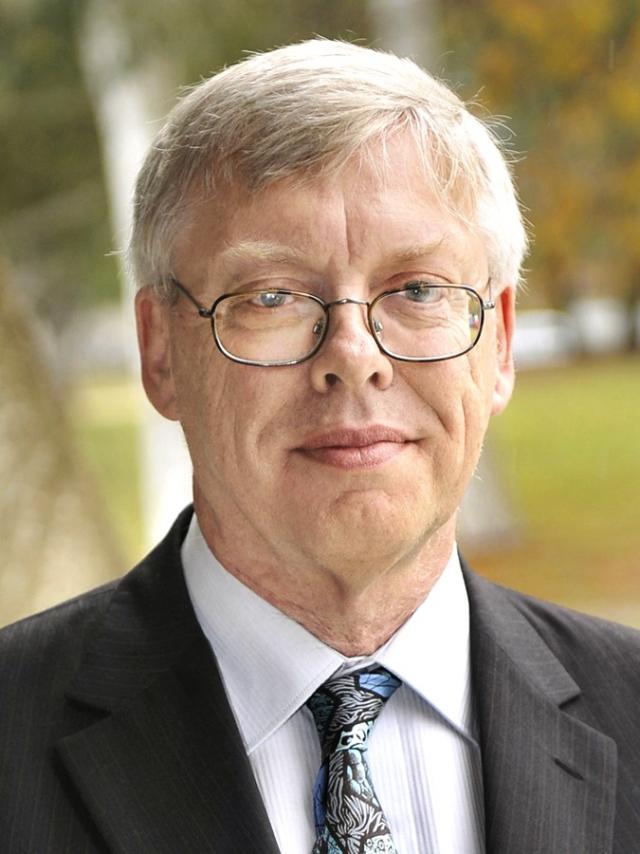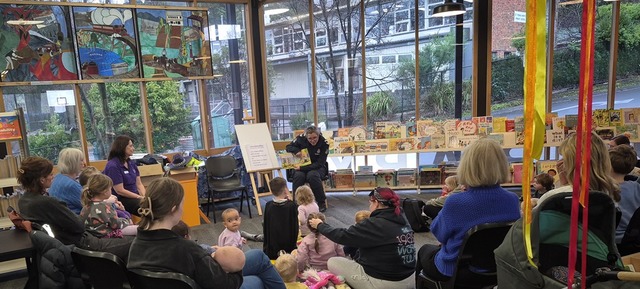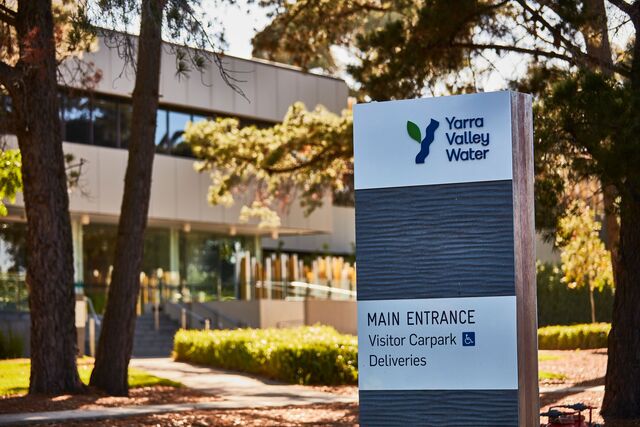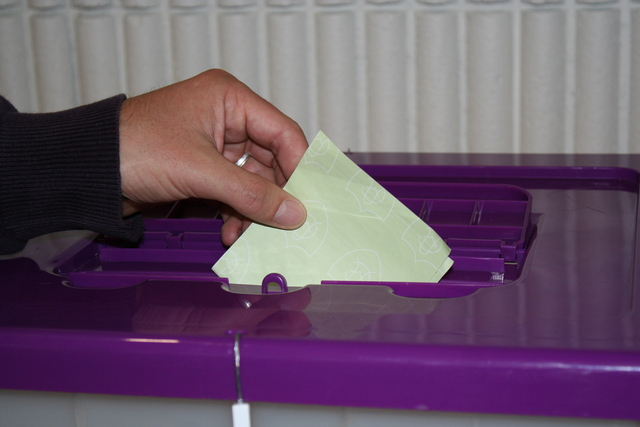On Australia Day, Dr Graeme Moad added being appointed a Companion of the Order of Australia to a long list of achievements and awards.
The Sassafras scientist and researcher, who has had an illustrious career since he started as a research scientist at the CSIRO in 1979, has authored or co-authored over 200 publications and co-invented 37 patent families.
“Most of my achievements have been in the area of polymer chemistry, which is sort of making big molecules and in ways of constructing them more closely,” he said.
“That’s what I have received a number of awards for, like from the Academies of Science and Technology.”
Dr Moad was a joint-winner of the Clunies-Ross Award from the Australian Academy of Technology and Engineering in 2014 and won the David Craig Medal from the Australian Academy of Science in 2020 to name a few of his honours.
He joined Australia’s only order of chivalry for his “eminent service to science, particularly polymer design and synthesis and radical polymerization, education through mentoring, and to professional scientific organisations.”
For all his many individual awards, Dr Moad said collaboration is the heart of the scientific community.
“Achievements are being as a chain rather than an individual really.” he said.
Dr Moad was chief research scientist at the CSIRO from 1999 until 2015, Chairmen of the Polymer Division of the Royal Australian Chemical Institute from 1999 until 2001, Councillor for Australia in the Pacific Polymer Federation from 2003 until 2011 and is currently the Australian representative at the International Union of Pure and Applied Chemistry.
A fellow at the CSIRO, the Australian Academy and Sciences since 2012 and the Australian Academy of Technology and Engineering since 2021, Dr Moad said raising scientific facts can sometimes be difficult.
“Science being popular is a good thing and it’s just that we can’t get distracted or tell people what they want to hear,” he said.
“Science sometimes takes second place to either monetary gain or popularity. I think there’s a reason why science gets perverted, basically. Things like climate change and the pandemic.”
Dr Moad said many of the issues the world faces have solutions already, although they need to be adopted and trusted without being turned into political issues.
“You have to remember that science is not a set of facts, it’s a set of probabilities and the scientifically proven way is the way it seems most probable,”
“One of the important things about science is it is to a degree applicable and then if you really knew what science was going to do, we wouldn’t have to do this.”
Dr Moad said he and his fellow scientists at CSIRO Clayton are currently conducting research on how to address the plastic waste issue and have “been working on that for quite some time.”
“In most cases what happens with plastics is the rules are dictated by price and availability rather than the ultimate fate of the plastics,” he said.
“Now we have a serious plastic problem which has been caused by that situation, so we have to try and find something to do about it.”
Next door to the CSIRO at Monash University, Dr Moad has been an adjunct professor since 2012, a role he has also performed at the University of New England from 2014 until 2019.
Dr Moad said the presentation of his Companion of the Order of Australia will be on 6 May in Canberra.
“I didn’t make it down for the last one though.” he said while laughing.







